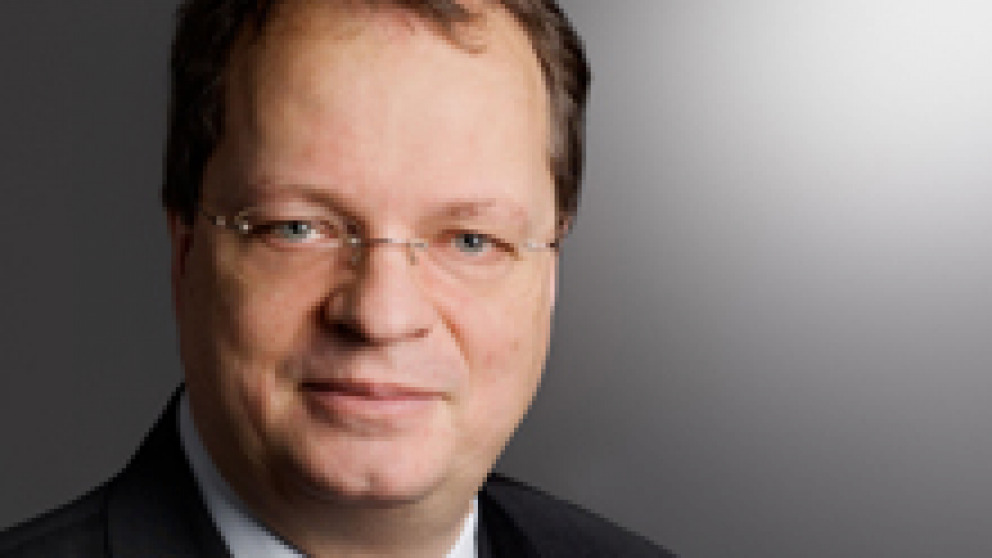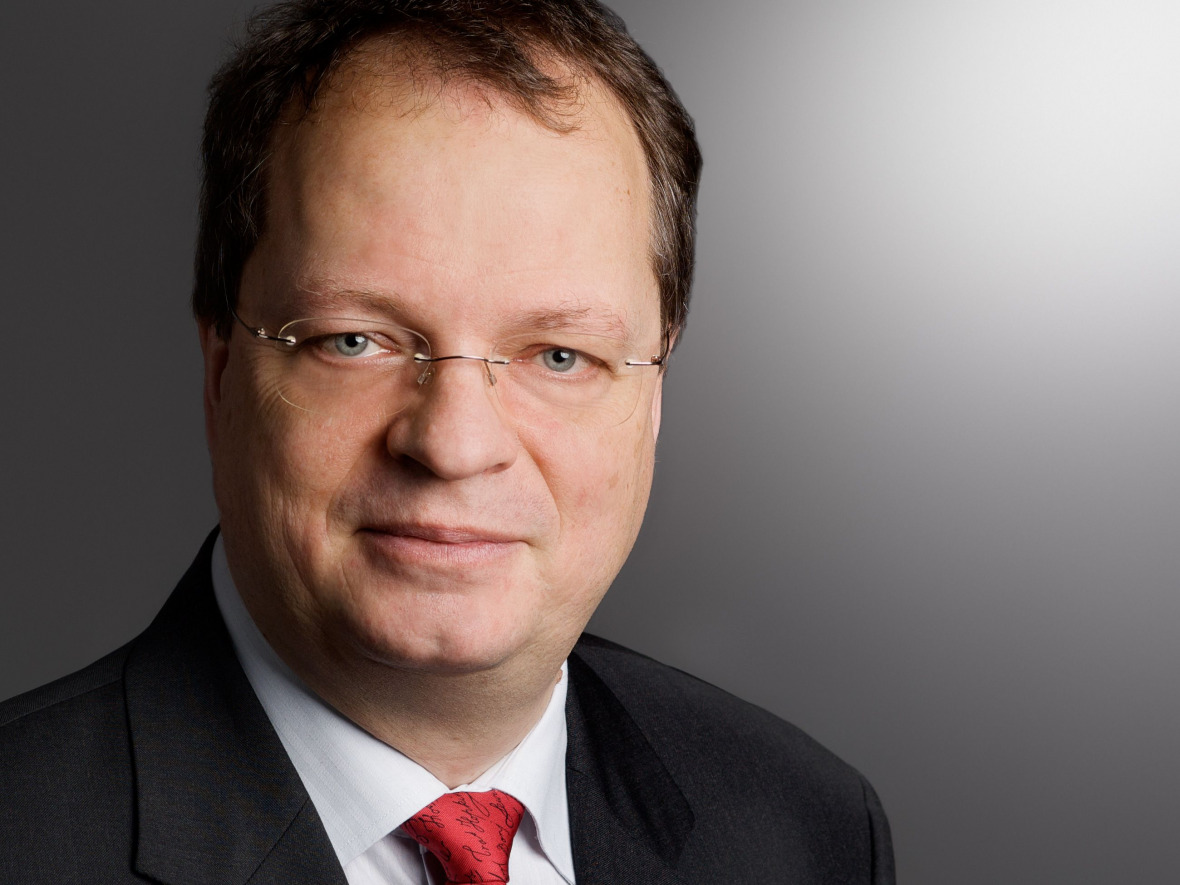R. Andreas Kraemer Explores “Thinktanking in Theory and Practice” as IASS Senior Fellow
01.06.2015
Founder of the Ecologic Institute

There’s no shortage of seminars and manuals for would-be entrepreneurs. But anybody who wants to establish a think tank will have a hard time finding systematic instructions. While some institutes, such as the University of Pennsylvania or the Berlin Social Science Center, have registered this lack, according to R. Andreas Kraemer, founder and long-time managing director of the Ecologic Institute, research in this field tends to be underdeveloped. Today, Kraemer begins an 18-month fellowship at the IASS, during which he will work on a research project on “Thinktanking in Theory and Practice”. Among other things, he investigates internal management and professional development in this sector, as well as transdisciplinary methods like those used by the IASS and other institutes. The results of this research will feed into different activities and publications.

The Ecologic Institute was founded in 1995 in Berlin as a think tank for sustainable development and international relations. R. Andreas Kraemer is one of its founders and managed the institute for twenty years. He handed over the reins to lawyer Camilla Bausch in January 2015 and embarked on a long sabbatical. Kraemer claims that “it’s very common for entrepreneurs to write down the story of a successful business venture and their own biographies – MBA students then use these as case studies. But there are very few examples of those kinds of reports in the non-profit sector, and most of them don’t offer much more than anecdotes.” His own plans for his time as senior fellow at the IASS are more ambitious: he’s working on theoretically grounded reflections on his practical experiences over the last thirty years.
As a student of environmental sciences and environmental engineering at the Technical University Berlin and Université Paris Diderot, Kraemer already worked for various research institutes, including the Berlin Social Science Center and the Institute for Ecological Economy Research (IÖW). After graduating, he found a job at the Environmental Policy Research Centre (FFU) at Berlin’s Freie Universität. In 1991, he left the FFU for pastures new at the Institute for European Environmental Policy (IEUP) in Bonn. By the time that institute was closed in 1995, he was already familiar with the market: “By then, I had made many contacts at regional and national level and in the European Commission, established well-functioning scientific networks, successfully applied for funding, and spoken at hearings in the Federal Parliament and the European Parliament. So I was well aware of the particular situation of institutes at the interface of science, society and policy-making.”
It was this knowledge that helped Kraemer to make the Ecologic Institute one of the world’s leading environmental think tanks in just a few years. Today around 150 people work at the Berlin headquarters and the branch offices in Brussels and Washington, D.C. The institute’s finances come mainly from project funding from federal ministries and EU institutions. “We never had core funding. So diversifying was a way for us to become financially secure. We worked on those issues for which funding was offered, which the market was demanding. As a result, the institute had a very broad palette in terms of the themes it dealt with as well as its funding bodies and clients,” explains Kraemer.
After twenty years at the Ecologic Institute, Kraemer felt he had reached a point where he wanted to contribute to the professionalisation of the entire think tank sector, rather than just devoting himself to the running of his own institute. In the course of his research, he will talk with representatives of different think tanks and refer to case studies to analyse the successes and failure of environmental think tanks in their efforts to encourage political measures towards sustainable development. Next year he plans to organise a workshop on “Sustainability Think Tanks” in Potsdam or Berlin as well as a “European Climate Think Tank Summit”. Then – after the Climate Summit in Paris in late 2015 – the discussion will focus on future European climate policies and their significance for institutes with a transdisciplinary approach like the Ecologic Institute and the IASS.
01.06.2015